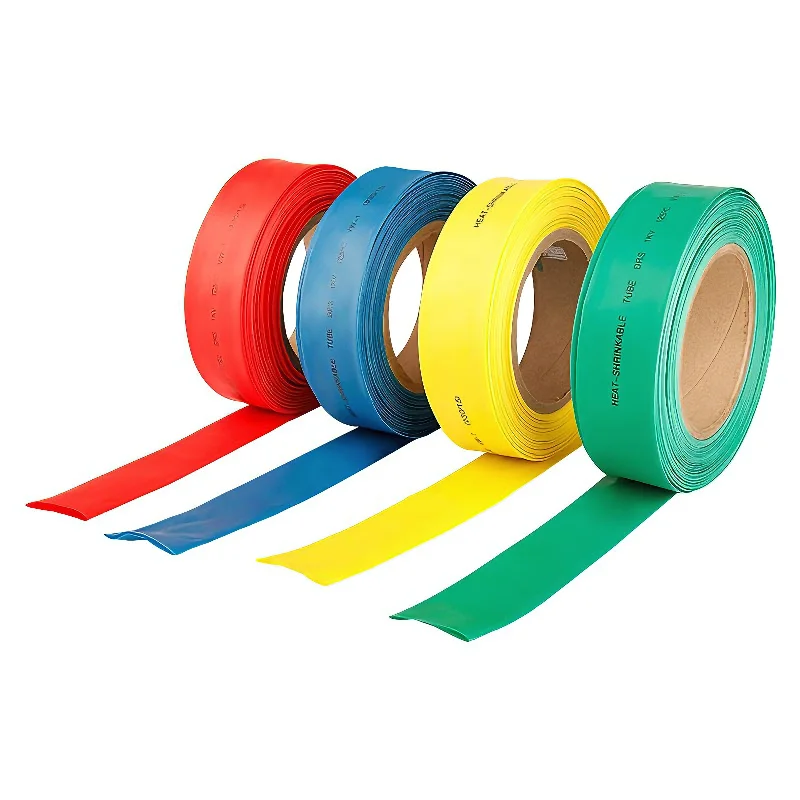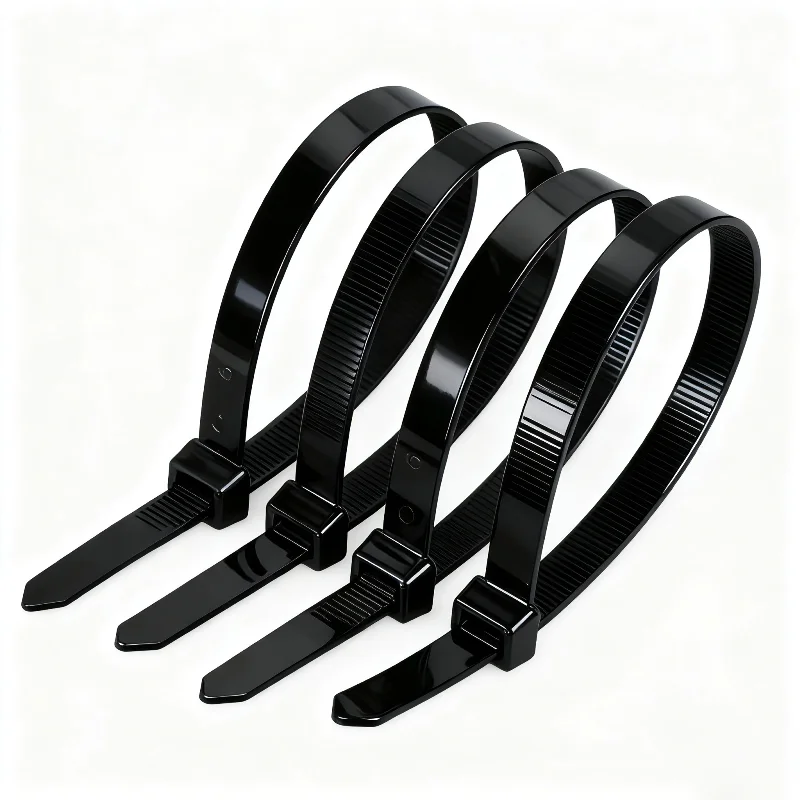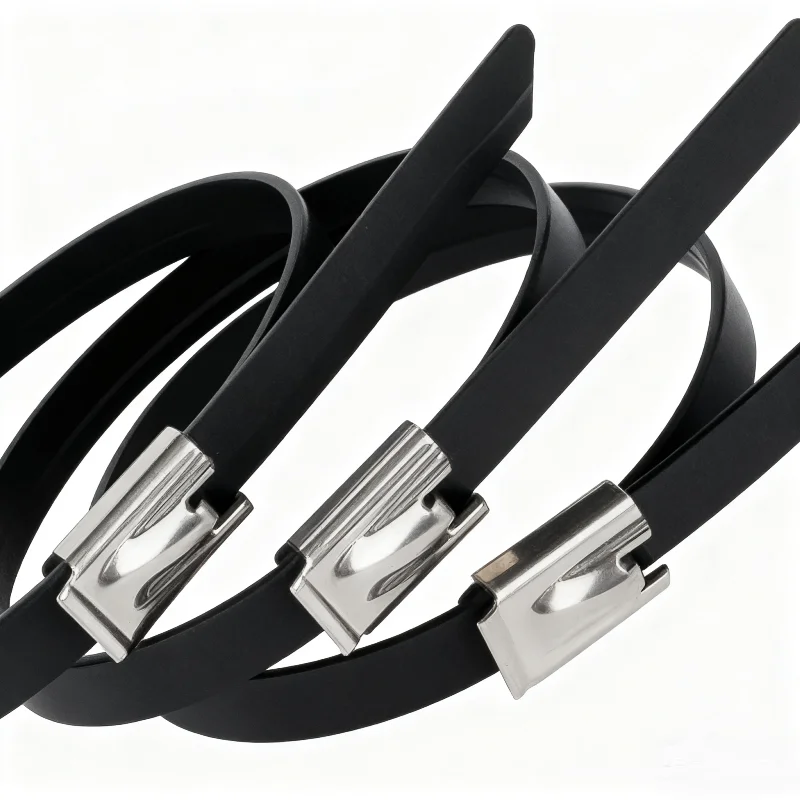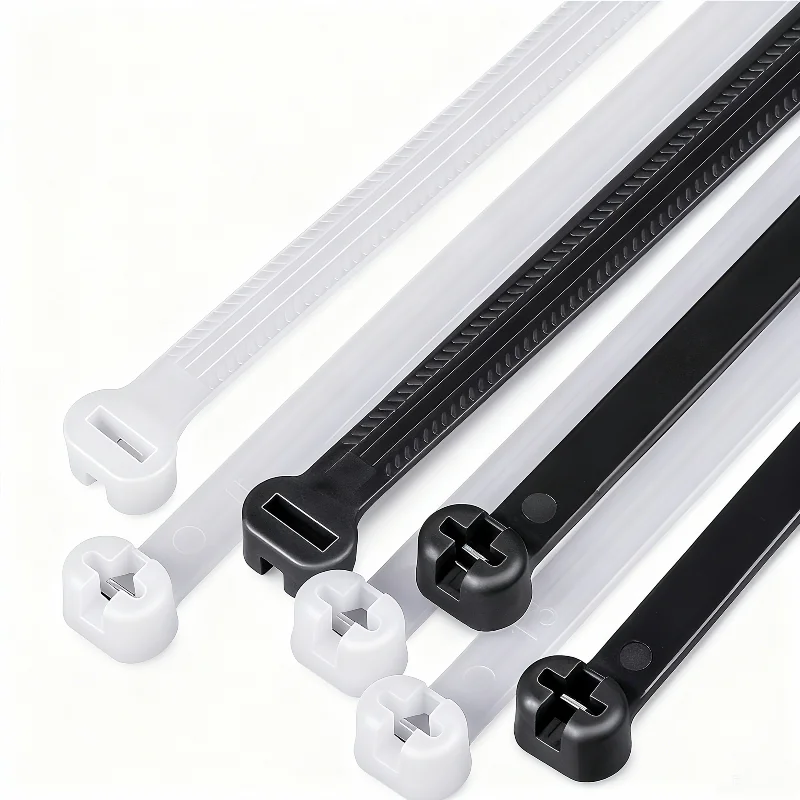Nylon cable tie, as a common and indispensable tool, have penetrated into every aspect of our lives. In the fast-paced modern society, we may rarely pay attention to this small but powerful tool. However, it plays an irreplaceable role in many situations. The emergence of nylon cable ties not only brings convenience, but also solves many practical problems and becomes an indispensable assistant in all walks of life.
Define Nylon Cable Ties
The main component of nylon cable tie is nylon,a synthetic fiber,Its chemical name is polyamide。
Nylon was the first commercially successful synthetic thermoplastic polymer. DuPont began its research program in 1927. The first nylon, Nylon 66, was synthesized on February 28, 1935 by Wallace Hume Carothers at the DuPont Research Facility at the DuPont Experiment Station.
The chemical structure of this synthetic material also makes nylon cable tie have excellent high and low temperature resistance, allowing it to still function under extreme environmental conditions. The chemical properties of nylon also make it less susceptible to chemical attack, increasing its suitability in different fields. Therefore, the material composition of nylon cable zip ties not only gives it strong and durable properties, but also makes it ideal for a variety of practical applications.
Characteristics Of Nylon Cable Tie
Nylon has an excellent balance of properties, combining strength, medium stiffness, high service temperatures and high toughness. Nylon cable tie have unique advantages in specific areas, including resistance to repeated impact, low coefficient of friction and excellent abrasion resistance. Additionally, nylon is highly resistant to fuels, lubricants, and most chemicals. In order to maintain the performance level of nylon products, it is recommended to store it in a cool, dry place, away from direct sunlight, and keep it sealed in the original packaging material. These measures will increase the performance level of nylon cable zip ties indefinitely.
General Nylon
General purpose nylon is suitable for most practical applications and can be used in continuous temperatures up to 185°F. Nylon 6/6, the most commonly used grade in cable tie nylon production, meets the UL 94V-2 flammability rating and has an operating temperature range of -40°F to 185°F.
Thermal Stable Nylon 6/6
Thermal stabilized nylon 6/6 is suitable for continuous or prolonged exposure to high temperature environments (up to 257°F). While general-purpose nylon can suffer from reduced physical properties and fatigue at high temperatures, self locking nylon cable zip ties with specially formulated heat stabilizers can provide additional heat resistance. Thermal stable nylon is designed for electrical applications with continuous exposure to temperatures above 185°F and meets UL standards.
UV Stable Nylon 6/6
UV stabilized nylon 6/6 is suitable for continuous or prolonged exposure in outdoor environments. It has a weather-resistant rating to withstand additional ultraviolet (UV) light. This stability is achieved by adding stabilizers to the nylon resin. UV stabilized nylon66 cable ties available in black only.
Nylon 12
Nylon 12’s molecular design is specifically engineered for solar applications and can withstand strong sunlight and the corrosive elements of the outdoors. Its low water absorption, density stability, chemical resistance and insensitivity to stress cracking make it an ideal choice.
What Nylon Cable Tie Does Wandu Provide?
Self Locking Nylon 6 Cable Zip Ties
Nylon 6 cable zip ties are the most economical option, but they are not resistant to aging, have low tensile strength, and are not resistant to low temperatures. They are suitable for indoor use at normal temperatures. If you have low requirements, you can consider this economical cable tie.
Self Locking Nylon 66 Cable Zip Ties
Nylon 66 cable zip ties offer the best value for money. They feature high tensile strength, good low-temperature performance, and are also suitable for outdoor use. If quality is a priority, nylon 66 cable ties are the best choice.
Reusable Nylon Cable Ties
The material is generally nylon 6, and there is a release button on the head structure. Pressing and holding the button allows the strap to be pulled out. The feature is that it can be reused multiple times, offering better economy and environmental friendliness, making it suitable for scenarios requiring repeated use. However, its tensile strength is relatively weaker than that of self-locking types, so it is not suitable for securing heavy objects.
FAQ
Q1: Besides nylon, does your factory produce cable ties made of other materials?
A1: As a professional nylon cable tie manufacturer, we also produce cable ties made from other materials. For example: polypropylene cable ties, stainless steel cable ties, metal detectable cable ties, and polyethylene cable ties.
Q2: Can Reusable Nylon Cable Ties be customized in other materials?
A2: Generally made of nylon 6 material, if the minimum order quantity is met, polypropylene or nylon 66 material can be customized.
Q3: Do you make colored cable ties?
A3: As a professional zip tie manufacturer, we can customize cable ties in a variety of colors. The colors that are generally available for customization are: red, yellow, blue, green, pink, orange, purple, brown, silver, and gold.








